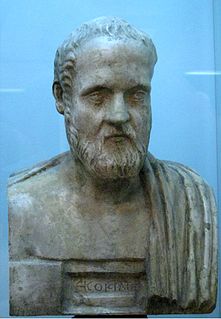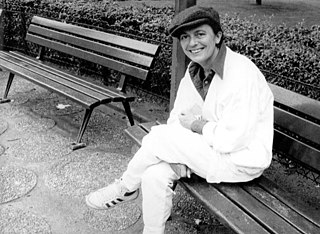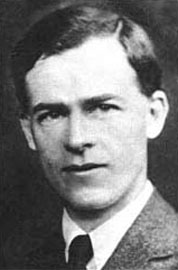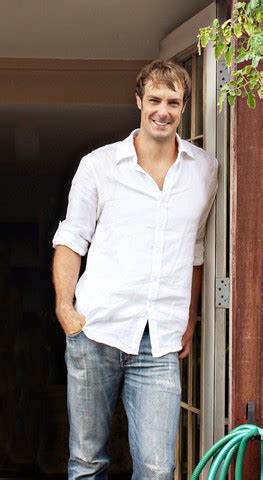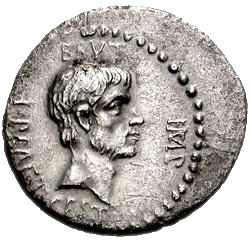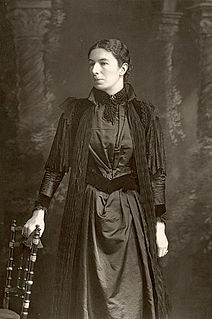A Quote by Pope Leo XIII
The liberty of thinking and publishing whatsoever each one likes, without any hindrances, is not in itself an advantage over which society can wisely rejoice. On the contrary, it is the fountainhead and origin of many evils.
Related Quotes
Socialism may be worthless as a scheme, but it is not meaningless as a symptom. Rousseau's theory of the origin of society, of the social contract, and of a cure for all the social evils by a return to a state of nature, had, as we all know now, no more relation to fact than the dreams of an illiterate drunkard; but they were not without value as a vague and symbolical expression of certain evils from which the France of his day was suffering.
The liberty I mean is social freedom. It is that state of things in which liberty is secured by the equality of restraint. A constitution of things in which the liberty of no one man, and no body of men, and no number of men, can find means to trespass on the liberty of any person, or any description of persons, in the society. This kind of liberty is, indeed, but another name for justice.
Society may be formed so as to exist without crime, without poverty, with health greatly improved, with little, if any misery, and with intelligence and happiness increased a hundredfold; and no obstacle whatsoever intervenes at this moment except ignorance to prevent such a state of society from becoming universal.
If one class of society is obliged, in order to live, to take any price for its services, while another can abstain from such action thanks to resources at its disposal which, however, are not necessarily due to any social superiority, the second has an unjust advantage over the first at law. In other words, there cannot be rich and poor a birth without there being unjust contracts.
I have argued tirelessly, nearly endlessly, in so many books, about the need for the social, the economic reconstruction of society. The demand that people be present themselves, that they contribute to the reorganization of society, that they own up to their own complicity in a system from which they derive benefit and advantage, often without acknowledgement, and the discomfort, the uncomfortable way in which that must be acknowledged.
The rules that I shall propose concerning secrecy, and from which I think it not safe to deviate without long and exact deliberation, are, never to solicit the knowledge of a secret,--not willingly, nor without many limitations, to accept such confidence when it is offered; when a secret is once admitted, to consider the trust as of a very high nature, important as society and sacred as truth, and therefore not to be violated for any incidental convenience, or slight appearance of contrary fitness.
Each of us has interests which conflict the interests of everybody else... 'everybody else' we call 'society'. It's a powerful opponent and it always wins. Oh, here and there an individual prevails for a while and gets what he wants. Sometimes he storms the culture of a society and changes it to his own advantage. But society wins in the long run, for it has the advantage of numbers and of age.



